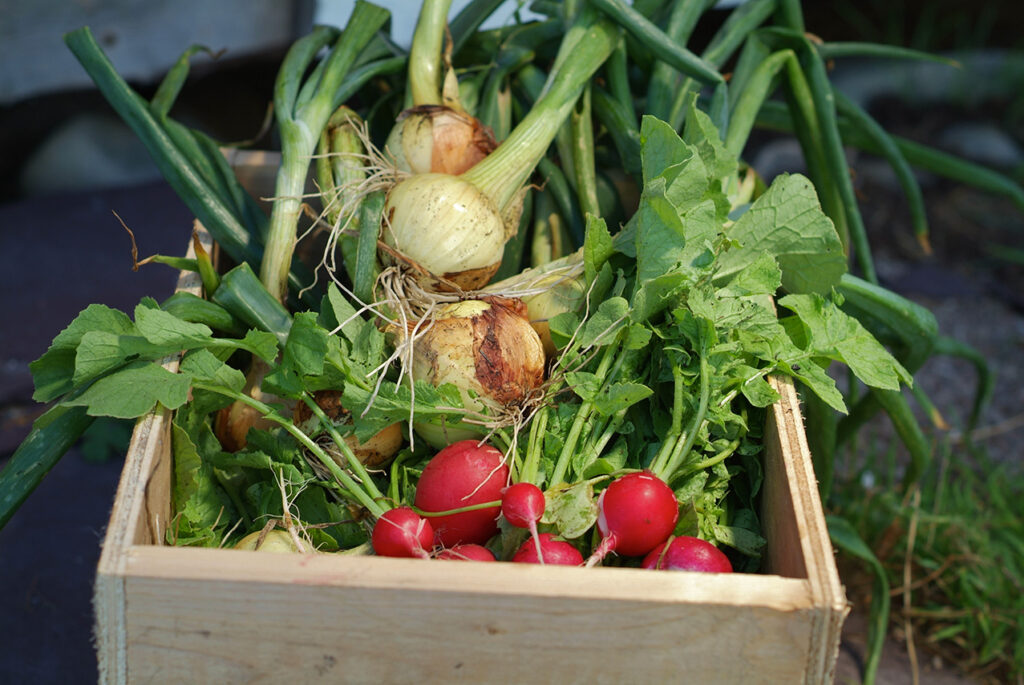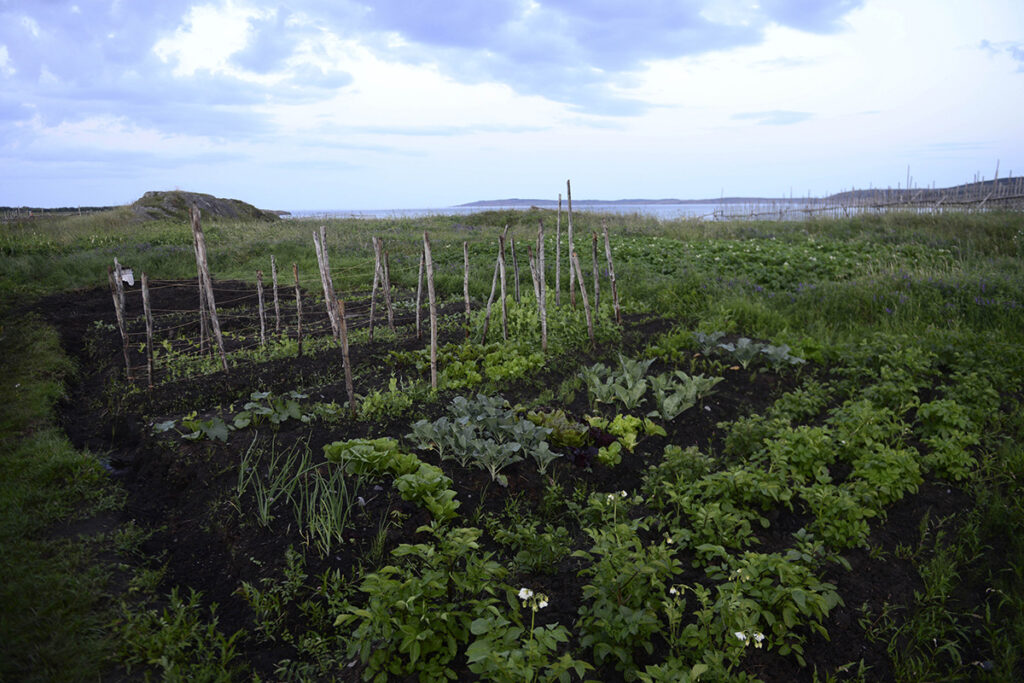
Food is so much more than sustenance. What we eat, grow, forage, and fish tells us about the culture, environment, and history of a place. Understanding and celebrating our local foodways is another avenue to build stronger relationships between people and place and reinforce the importance of local growing and sourcing to our economy.
Our newly launched Foodways Program on Fogo Island is designed to unite and build on the many food-related initiatives that have animated our work over the years with the goal of creating a more sustainable food system on Fogo Island that can be a contagious example for other rural and remote communities.
The following is a sampling of some of the past, current, and ongoing initiatives that Shorefast has pursued to support a deeper connection to place through food:
Shorefast and Foodways
Fogo Island Inn
Ten years ago, Shorefast opened Fogo Island Inn with the intention to activate the cultural heritage and natural assets of the place, including our local foodways. From the Inn’s kitchen, we brought forward contemporary ways of using local ingredients, broadened what can be grown on the island, and increased the focus on local sourcing to support the creation of a widening food entrepreneur landscape on Fogo Island.
One such example of a new-to-the-island vegetable is fennel. Having asked local growers to cultivate fennel, initially for use in dishes at the Inn, we see its use within our new restaurant–The Storehouse—as an important gateway to sharing ways to cook with this vegetable, as well as other nutrient-rich ingredients that can be found on Fogo Island.
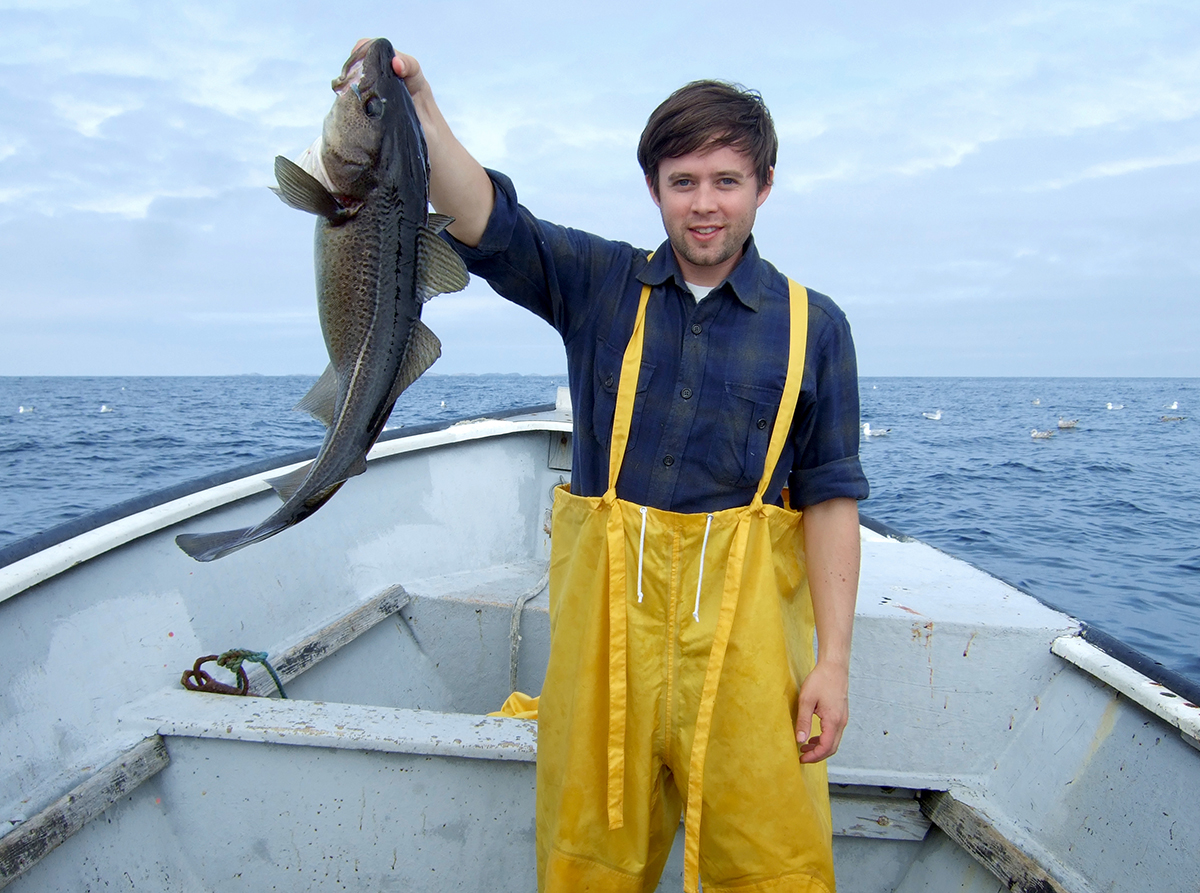
Fogo Island Fish
After opening the Inn, we also turned our thinking to our primary industry, the fishery, and partnered with the Fogo Island Co-operative Society, which operates three seafood processing plants on the island, to start a micro-enterprise called Fogo Island Fish, designed to develop markets for high quality hand-lined Cod. The practice of handlining involves no by-catch, and while it is labour intensive, we pay fishers double the market rate for cod caught by gill-nets. Fogo Island Fish currently sells wholesale to several fine-dining restaurants across Canada.
Seaweed Cultivation
In 2021, Shorefast launched an R&D pilot in collaboration with the Fogo Island Co-Operative Society to explore the commercial viability of seaweed farming. As a sustainable, plant based nutritional food that has significant environmental benefits and economic potential, seaweed cultivation could help diversify our island’s economy, with implications for replicability throughout Atlantic Canada.
Foraging
Historically, foraging for wild berries allowed Fogo Islanders to survive in this sub-arctic landscape. People foraged and ate partridgeberries, blueberries, marshberries, and bakeapples. The two dozen or so other berries were, not so long ago, collectively called ‘poison berries’ as a precaution from parents to children. Of course, we now understand a lot more about the berry species we share our landscape with, and that knowledge is often enriched by visiting experts invited by Shorefast who share even more. One such expert was able to expand our understanding not only of the other (not poison but very edible!) berries but also some of the mushrooms and herbs that were never previously understood as food.
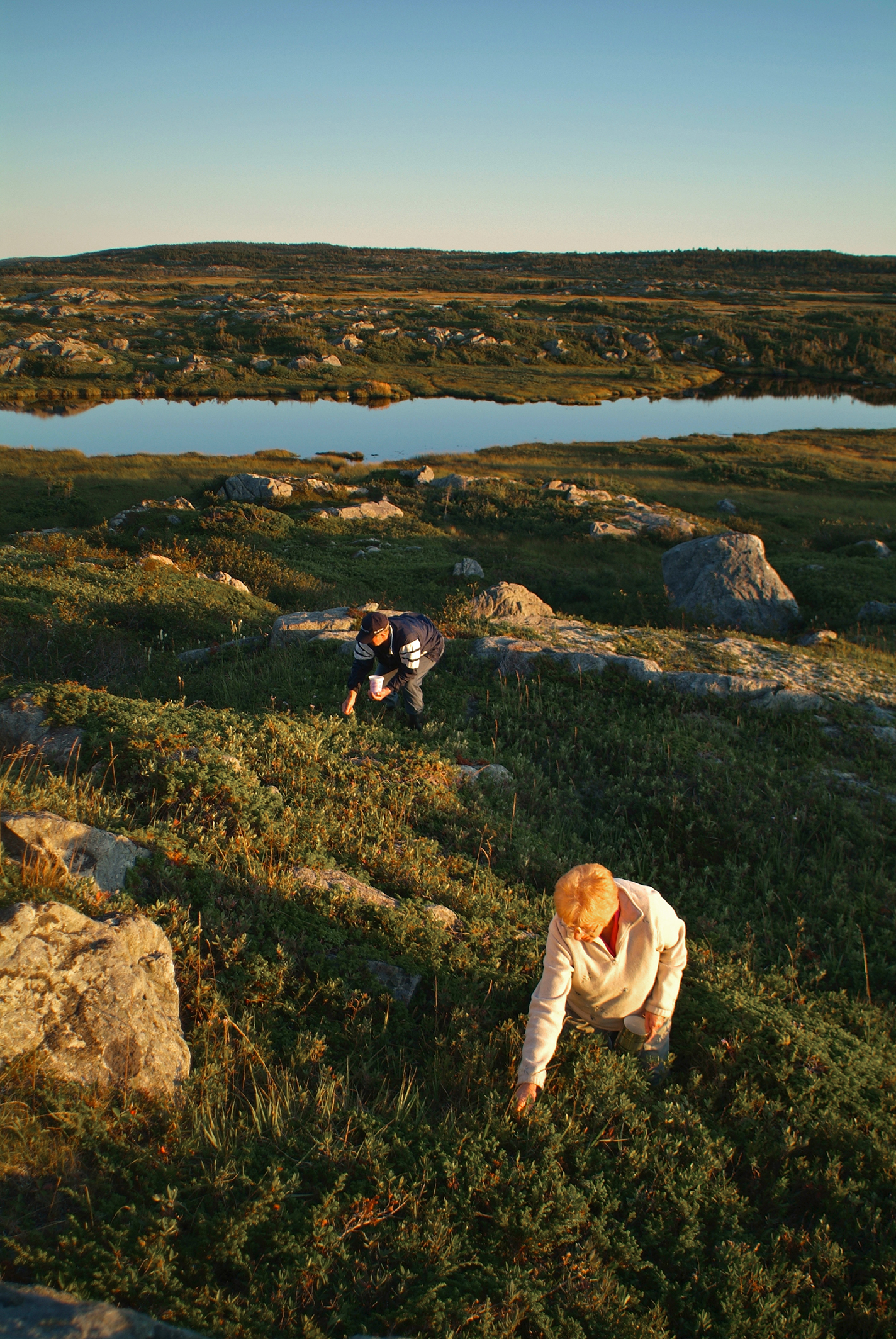
Medicinal Benefits
The arrival of Dr. John Weber, a Shorefast academic in-residence and a professor at Memorial University, fondly known as the “Berry Man,” helped us understand that blueberry leaves contain even more antioxidants than the noble berry itself. As we spend more time understanding the rich bounty in front of us, we are re-discovering valuable knowledge.
Wildflowers
In 2010, Shorefast commissioned Todd Boland of the Botanical Gardens in St. Johns, NL, to produce a Fogo Island wildflower guide book. The goal was to highlight the wide range of plant life on the island with a particular focus on edibles and traditional uses. This important work laid the foundation to better understand the land under our feet – land that Captain Wadham famously said Newfoundlanders, with their over-focus on the sea, had for too long regarded as a “conveniently-anchored ship.”
Food Circles
Adapted from the notion of sharing built into our traditional song circles, Shorefast has been bringing people together to share place-specific growing and cooking learnings and stories. Past panelists include Mitchell Davis, James Beard Foundation, and Lori McCarthy, a long-time Shorefast partner and Newfoundland & Labrador foodways expert.
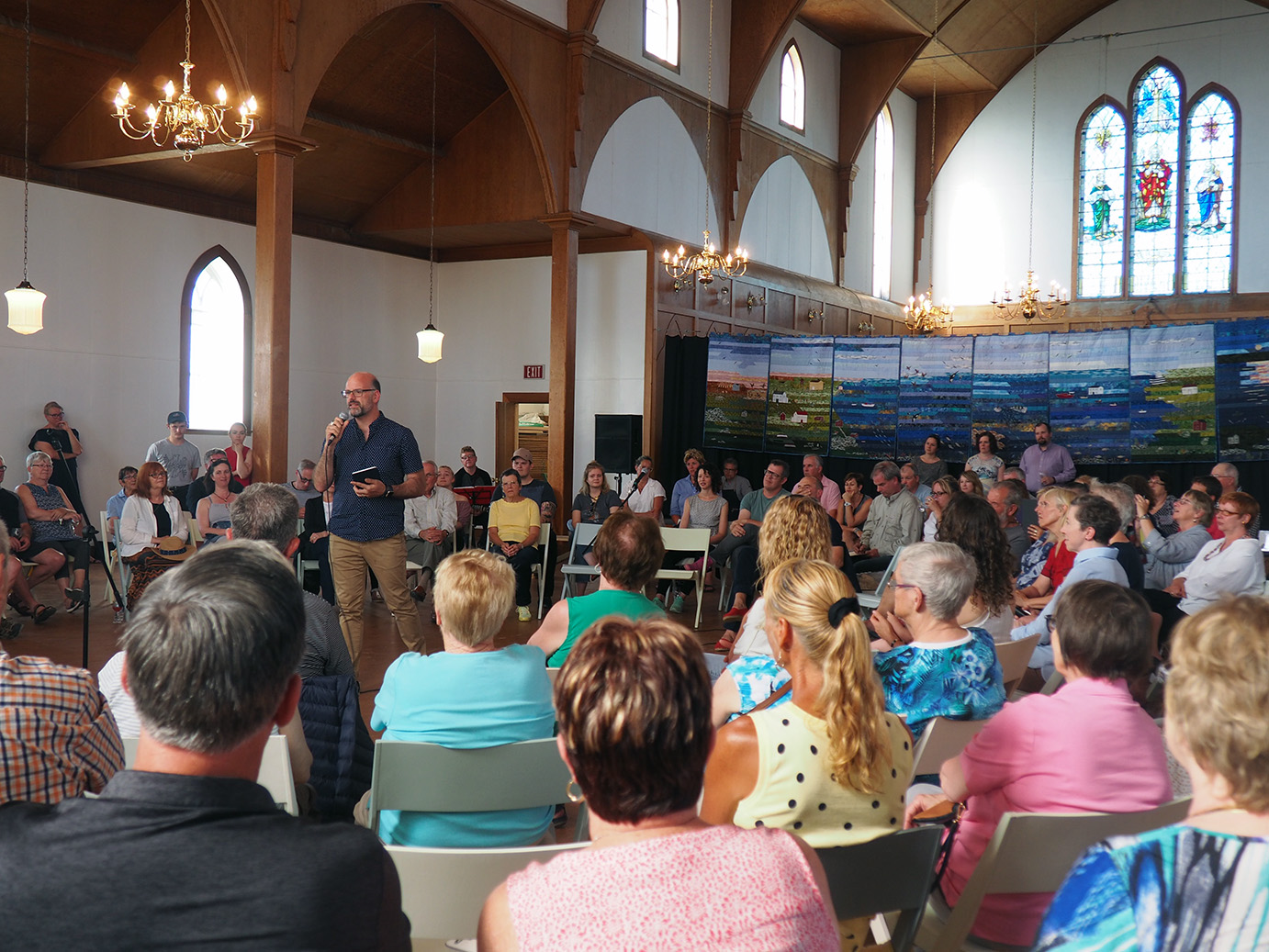
Mitchell Davis, James Beard Foundation, hosts a food circle on Fogo Island
Learn More about our Foodways Program.
